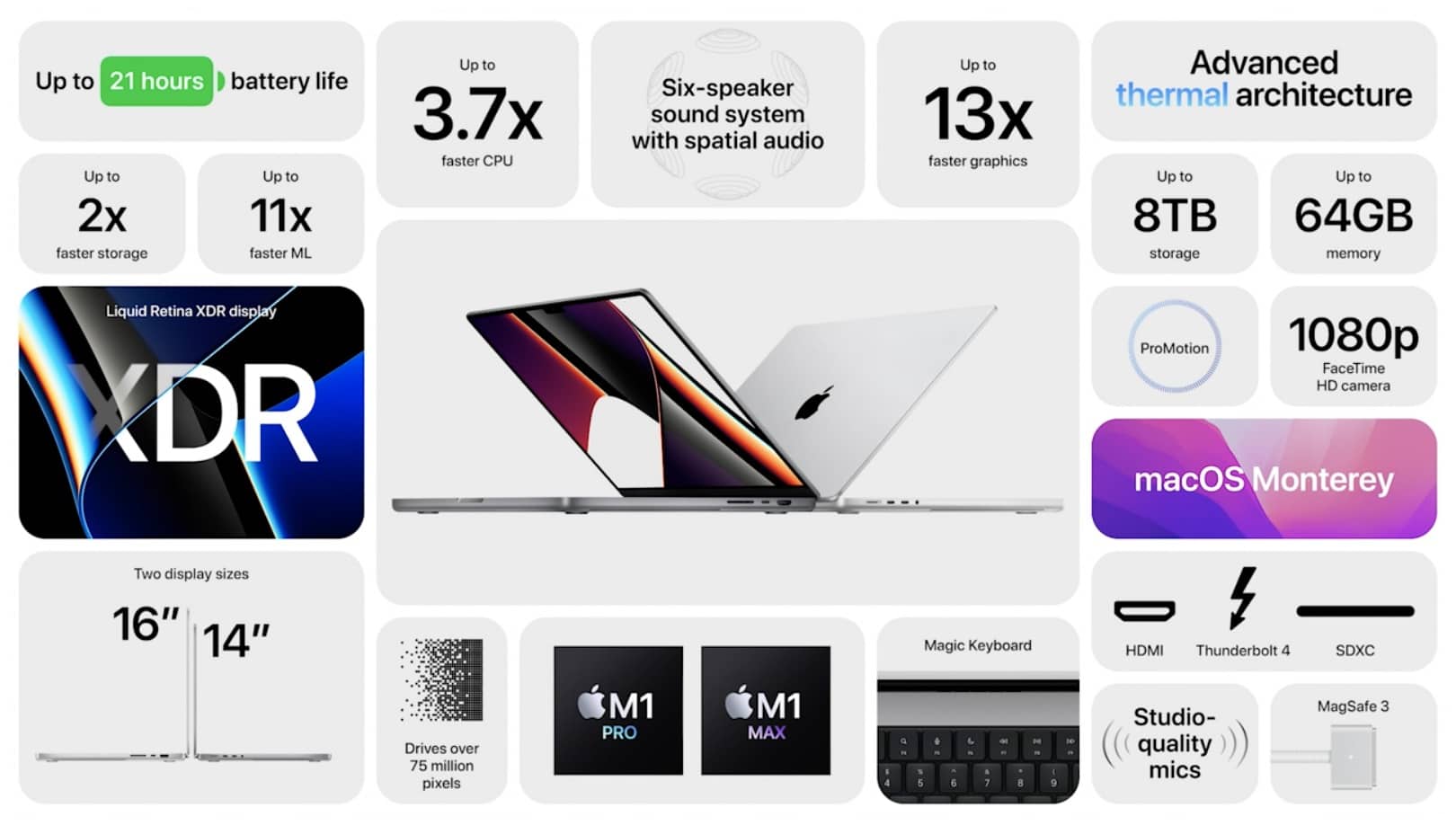In recent years, Artificial Intelligence (AI) has been steadily transforming industries by automating complex processes, enhancing personalization, and boosting efficiency. One of the most groundbreaking innovations in AI is voice cloning technology. With the rise of AI voice cloning, businesses now have the ability to create customized voices for specific needs—whether for customer service, content creation, or entertainment. But what exactly is AI voice cloning, and how is it shaping the future of personalized interactions?
What Is AI Voice Cloning?
AI voice cloning, often referred to as voice synthesis or voice replication, involves using artificial intelligence algorithms to create a digital replica of a person’s voice. These AI models analyze a person’s vocal patterns, intonations, and speech nuances to generate an imitation of their voice. Once trained, the AI can reproduce this voice and deliver new content or responses with the same tone, pitch, and cadence. invideo AI utilizes advanced voice cloning technology to enhance video production, offering a seamless way to integrate personalized voiceovers into content.
Voice cloning has quickly gained popularity due to its potential to make user interactions more engaging and personalized. For instance, customer service centers can deploy AI voice clones to respond to inquiries, providing a consistent voice and a more human-like experience. invideo AI makes it easy to implement such technology into video creation, helping businesses provide a more dynamic and customized approach to customer interactions.
Applications of AI Voice Cloning in Business
Businesses across various sectors are leveraging AI voice cloning to enhance their operations and improve customer interactions. Here are some key areas where AI voice cloning is making a significant impact:
- Customer Support and Virtual Assistants
AI-powered voice assistants are now able to offer highly personalized, human-like interactions. By using a cloned voice, businesses can create a consistent tone across all customer support platforms. Customers receive a personalized experience while interacting with an AI assistant that mimics their preferred voice. This can enhance customer satisfaction and streamline communication. - Content Creation and Storytelling
Content creators, particularly in the realms of audiobooks, podcasts, and video narration, are utilizing AI voice cloning to generate audio content quickly. This is particularly valuable for industries that need to produce large volumes of content in a short amount of time. AI voices can narrate articles, audiobooks, or educational content, allowing creators to focus on higher-level tasks while the voice cloning tool takes care of the speech production. - Advertising and Marketing
AI voice cloning is also making waves in the advertising industry. Advertisers can create custom voices for different markets or demographics, allowing for targeted and effective messaging. By adopting AI-generated voices, brands can maintain a consistent voice across campaigns and personalize advertisements to better resonate with individual audiences. - Entertainment and Media
The entertainment industry is one of the most significant beneficiaries of AI voice cloning technology. From replicating the voices of actors for post-production work to generating voiceovers for animated characters, AI is revolutionizing the way content is created and consumed. AI-generated voices are being used in video games, movies, and even virtual reality environments, enabling richer and more immersive experiences for the audience. - Healthcare
In healthcare, voice cloning technology has found applications in areas such as speech therapy and assistive devices. For instance, AI voice cloning allows individuals with speech impairments to create digital versions of their own voices, offering them the opportunity to communicate in a way that feels more personal and authentic.
Ethical Considerations of AI Voice Cloning
While the possibilities of AI voice cloning are exciting, they come with their own set of ethical challenges. One of the primary concerns revolves around consent—especially in cases where the voice of a public figure or private individual is cloned without permission. Voice cloning could potentially be used maliciously to impersonate someone, leading to issues with privacy and identity theft.
To mitigate such risks, it is crucial for businesses and organizations to adopt strict ethical guidelines. Transparency, informed consent, and proper usage rights must be secured to ensure that AI voice cloning is used responsibly.
The Future of AI Voice Cloning
As AI technology continues to advance, voice cloning will become more sophisticated. The voices generated will sound increasingly lifelike, with nuances and emotional inflections that make them indistinguishable from human speech. This opens up new avenues for businesses and creatives alike to enhance personalization, improve user experience, and drive innovation.
AI voice cloning is set to redefine how we interact with technology. In the future, it could even lead to the creation of entirely new virtual personalities or digital influencers, allowing for more dynamic and human-like digital interactions. With ongoing advancements in AI, the opportunities for personalization are virtually limitless.
Conclusion
AI voice cloning is not just a trend—it’s a game-changer that has the potential to revolutionize how businesses interact with their customers, create content, and personalize experiences. From automating customer service to creating dynamic voiceovers for media, AI voice cloning is paving the way for a future where technology feels more natural and responsive. However, with these innovations, it’s essential to keep ethical considerations at the forefront to ensure that this powerful technology benefits society as a whole.
In the coming years, expect AI voice cloning to become more integrated into everyday life, transforming industries and redefining personalized interactions. The future is, indeed, vocal.







